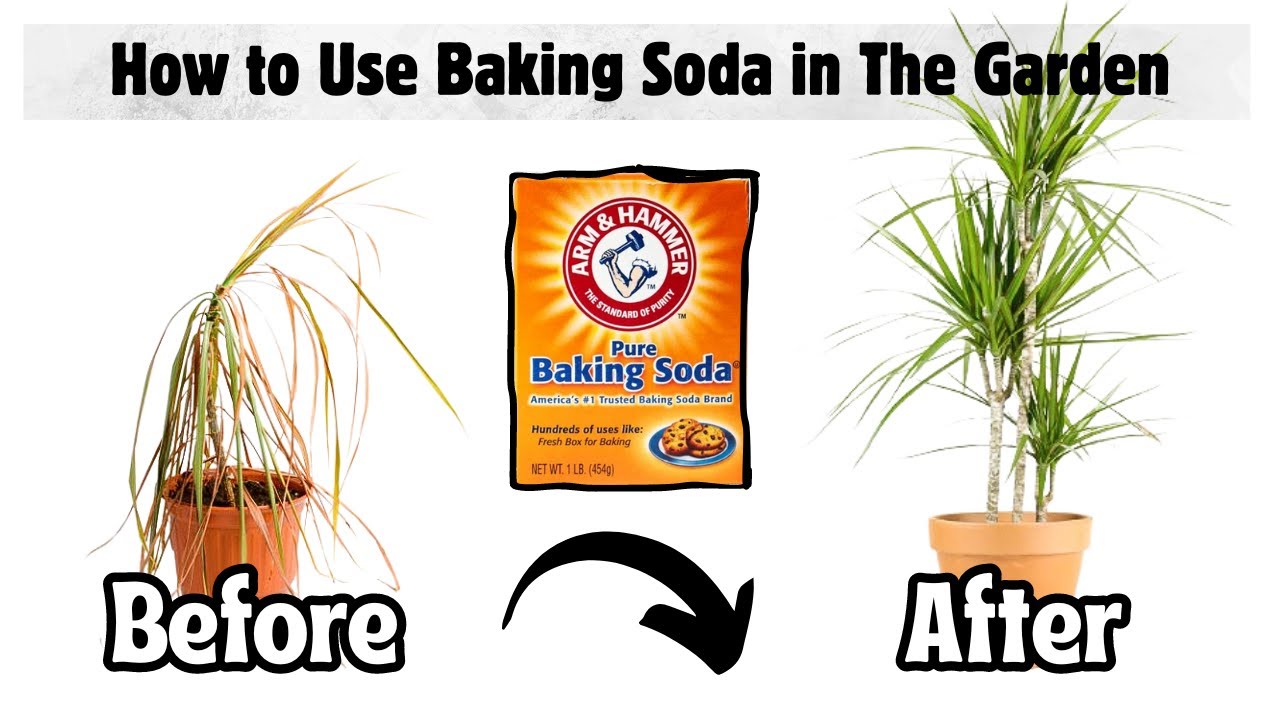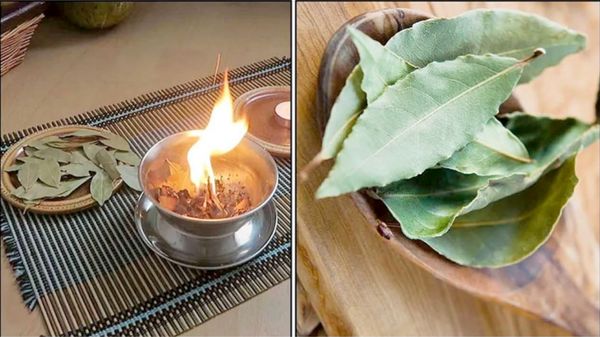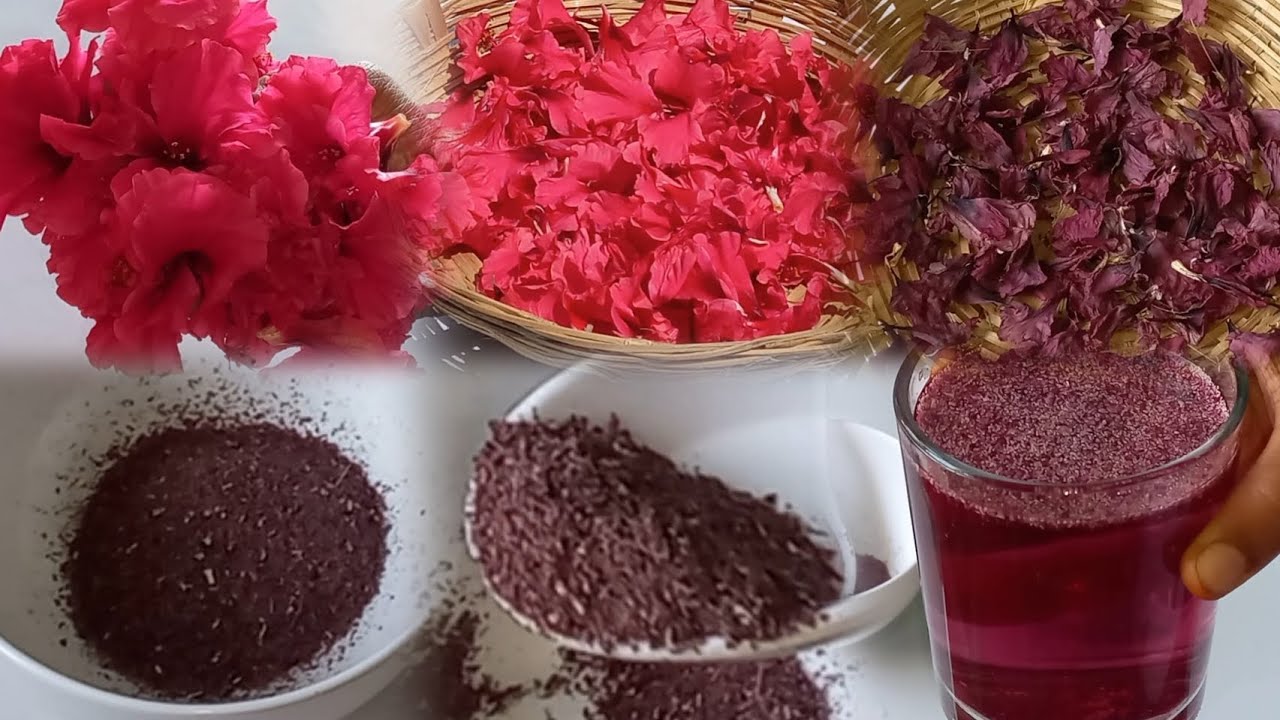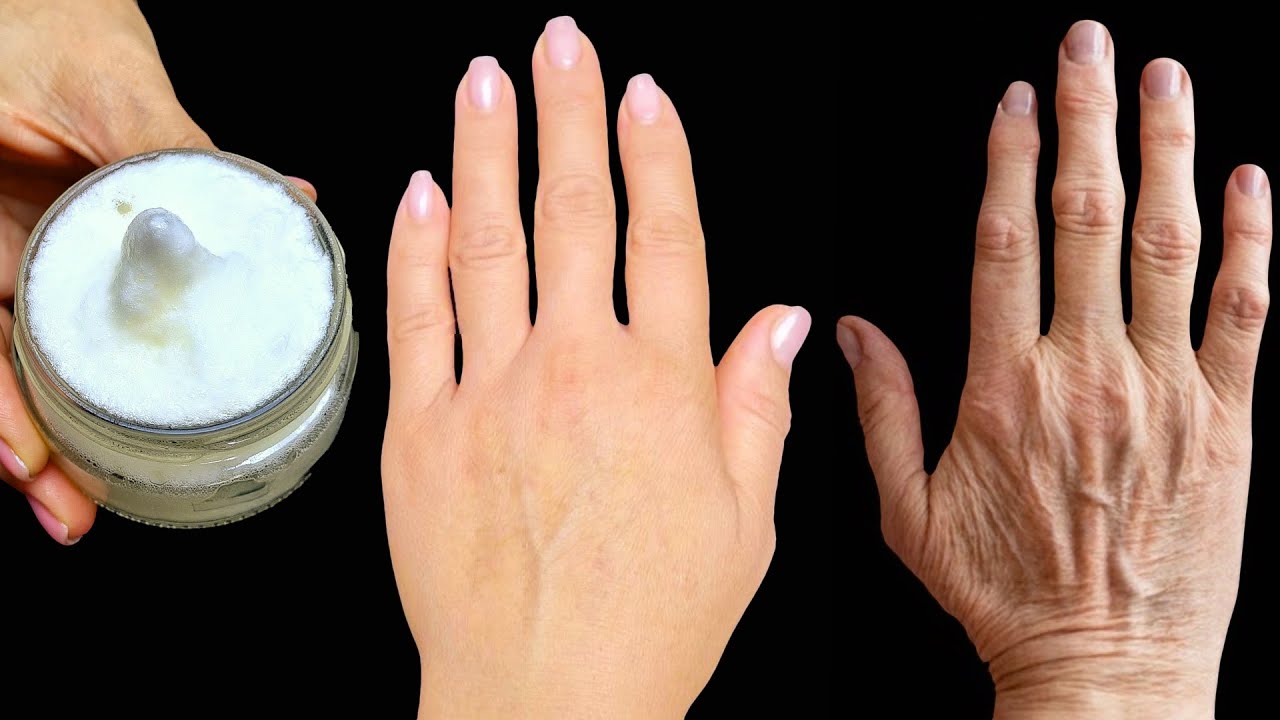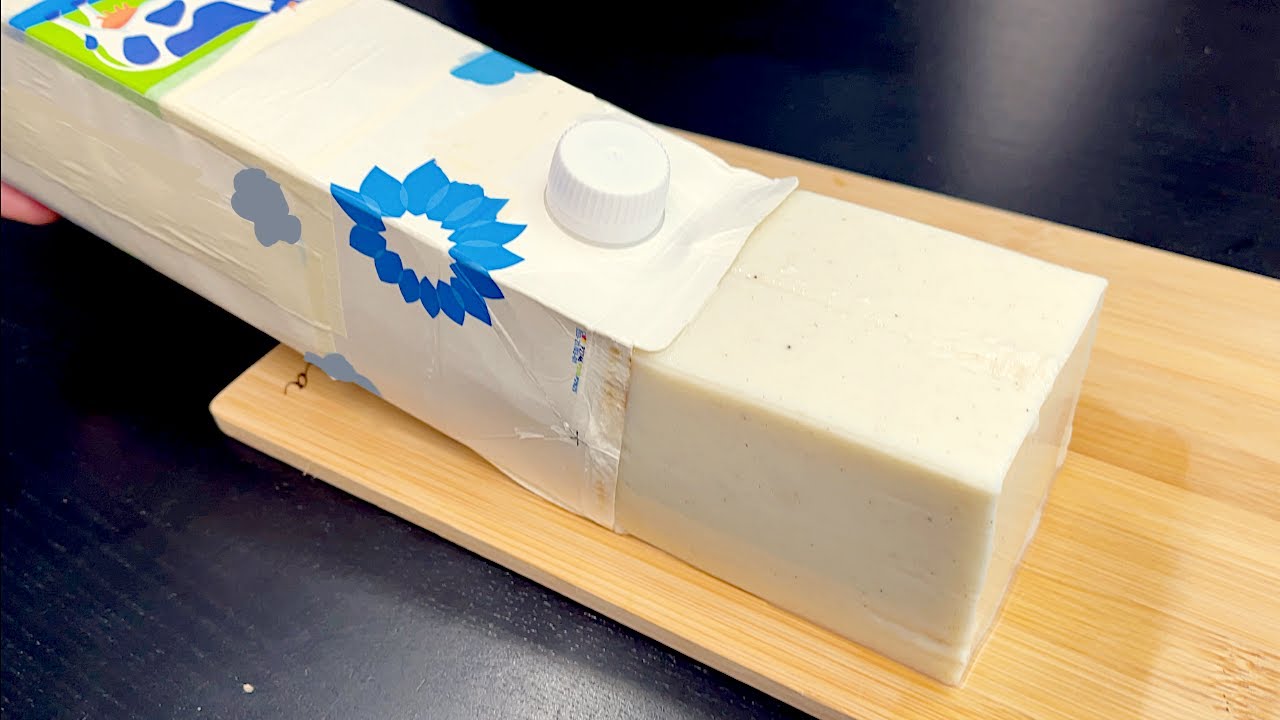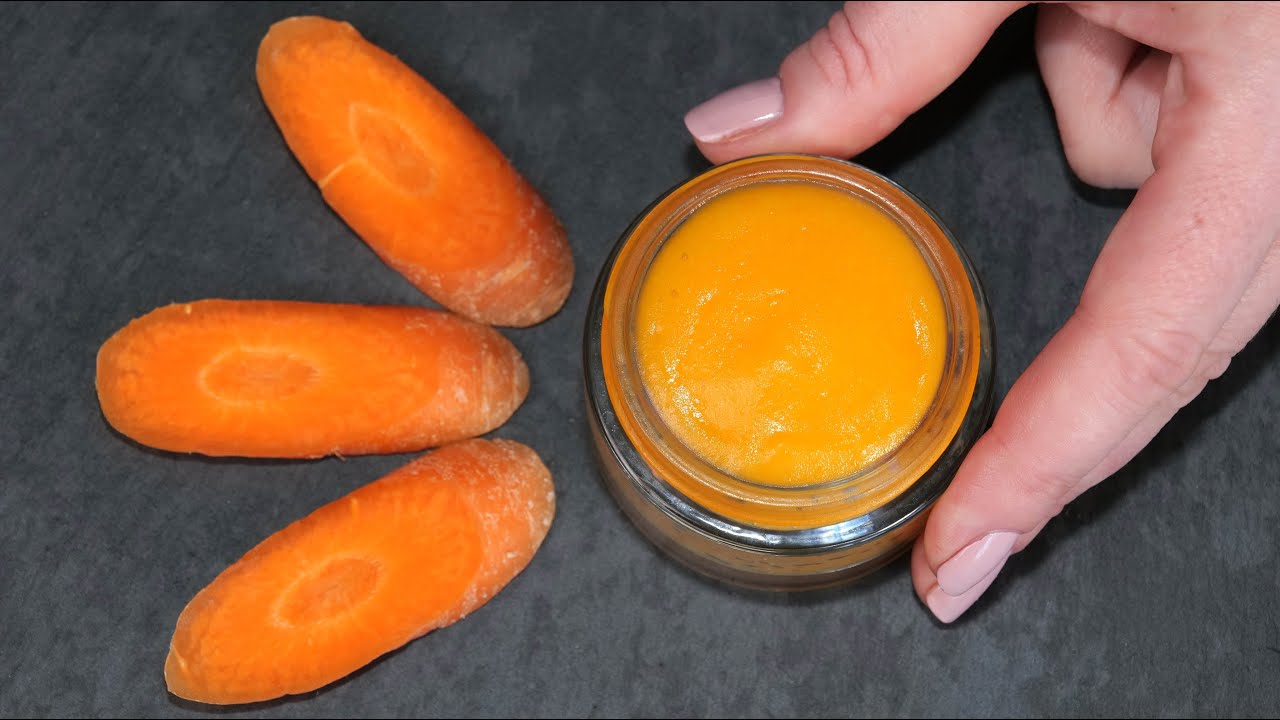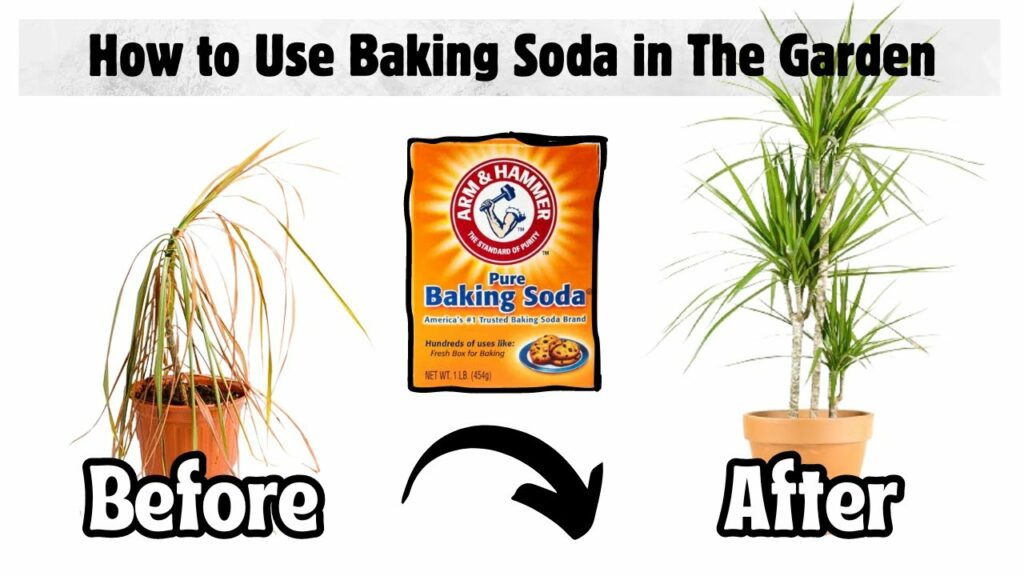
Baking soda, a common kitchen staple, is not just for baking or cleaning. It’s also a handy helper in the garden. Here are six practical ways you can use baking soda to enhance your garden’s health and beauty.
1. Natural Fungicide
Baking soda is an effective natural fungicide. Mix 1 tablespoon of baking soda with 1 gallon of water. Add a few drops of liquid soap to help the solution adhere to the plant leaves. Spray this mixture on plants that are susceptible to fungal diseases like powdery mildew or black spot. This solution helps control the spread of fungi on plants by creating an alkaline environment where fungi cannot thrive.
2. Pest Deterrent
Baking soda can also deter pests like ants and roaches. Sprinkle baking soda directly into the cracks and crevices where you notice these pests. For a broader repellent, mix baking soda with equal parts of flour and sprinkle around the base of your plants. The pests are deterred by the taste, keeping them away from your plants.
3. Plant Growth Booster
Baking soda can help increase the blooming capacity of your flowering plants. Dissolve a small amount of baking soda in the water you use for watering your plants. This slightly raises the pH of the soil, which can encourage blooming in flowering plants like geraniums and hydrangeas.
4. Weed Killer
Create a natural weed killer with baking soda. Sprinkle a handful of baking soda over the cracks of your driveway or between the pavers of your walkway. Baking soda will kill small weeds that emerge in these cracks by desiccating them and making the soil inhospitable for future growth.
5. Cleaning Garden Furniture
Baking soda is excellent for cleaning garden furniture. Make a paste of baking soda and water, and use a cloth or a soft-bristled brush to scrub the furniture. It effectively removes dirt and grime without the need for harsh chemicals, leaving your garden furniture looking fresh and clean.
6. Sweeten Tomatoes
Baking soda can help reduce the acidity of your tomatoes, making them sweeter. Sprinkle a small amount of baking soda around the base of your tomato plants. The baking soda absorbs into the soil and slightly lowers the acidity levels, which can lead to sweeter tasting tomatoes.
Tips for Using Baking Soda in the Garden
- Always test a small area or one plant before applying any baking soda solution widely.
- Avoid using baking soda solutions on very hot days or under direct sunlight to prevent leaf burn.
- Regularly check your plants for signs of stress after application.
Conclusion
Baking soda is a versatile tool that can play multiple roles in your garden, from disease prevention to pest control and even enhancing plant growth. By incorporating these simple tips, you can maintain a healthier, more vibrant garden naturally and economically.
